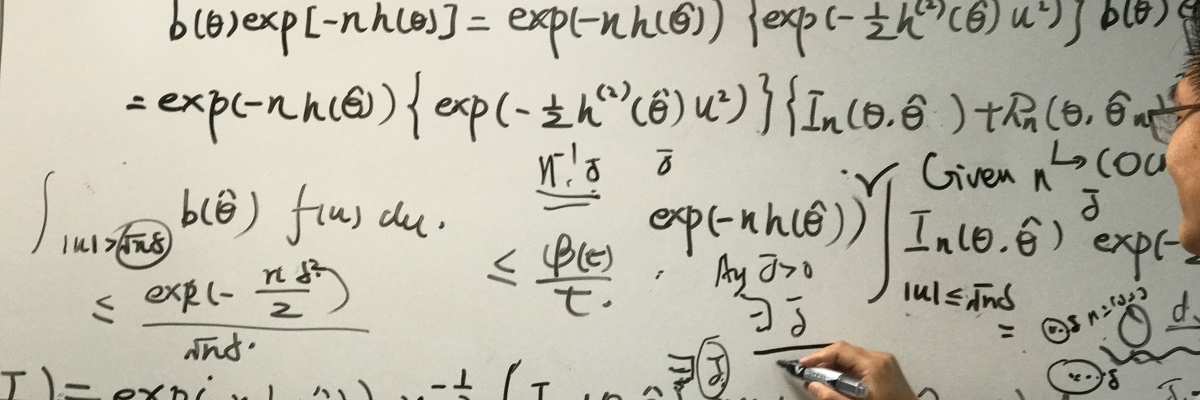
With rising longevity and a low fertility rate, Singapore has one of the fastest ageing populations in the world. By 2050, it is projected that the city-state’s age-dependency ratio — the proportion of older people (65 years and above) to working-age people (15 to 64 years) — will quadruple from 14% to 58% in less than two generations, a projection exceeded only by Japan (70%) and Korea (61%) within the same time period[1].
Singapore is not alone in facing the challenges of an ageing society. Many other developed countries, especially in the Asia-Pacific region, face similar issues, even if not as starkly as Singapore does. This presents a complex, multi-faceted challenge for both policymakers in Singapore and Singaporeans alike, especially in terms of ensuring the well-being of the rapidly growing proportion of older adults in society. It is thus vital for evidence-based research to inform what promotes older adults’ well-being across the various dimensions of well-being to ensure successful ageing in Singapore.
THE GOAL
The goal of the Centre for Research On Successful Ageing (ROSA) is thus to define and measure a holistic construct of well-being among older adults and to identify the factors that impact older Singaporeans’ well-being as they transition through the ageing process. To do so, ROSA is continuing a long-term study that began under the Centre for Research on the Economics of Ageing (CREA), based on a specially selected group of participants known as the Singapore Life Panel® (SLP). The refreshed SLP under ROSA is made up of a population-representative probability sample of about 13,000 respondents. At the same time, through the centre’s translational research and in close collaboration with government agencies, the team at ROSA will examine Singapore’s policy frameworks for ensuring well-being among older adults and how policy changes, including new policies, could lead to improved outcomes as more Singaporeans move into retirement.
By 2050, the proportion of its population aged 65 and older is projected to reach 58%, or more than one in every two Singaporeans.
THE TEAM
Bringing an international research team together and central to the operations of the Centre is Professor Paulin Straughan, Director of ROSA, Professor of Sociology (Practice), and Dean of Students at SMU. Professor Straughan provides guidance and oversight on engagement with external parties, which includes key local stakeholders, government agencies, industry and international organisations.
Also part of the leadership team are Professor Kim Seonghoon and Professor William Tov, Deputy Directors of ROSA. Professor Kim is an Assistant Professor of Economics at SMU with interests in researching health, labor, and public economics. Professor Tov is an Associate Professor of Psychology at SMU, with interests in researching various aspects of well-being and personality.
Working on the research is a team of capable and dedicated academics and researchers, with a wealth of experience in ageing and ageing-related research. The team members span the three main disciplines of the Centre — Economics, Sociology, and Psychology.
In the field of Economics, our local team members include Professor Denis Leung, an expert on survey data methodology, widely cited for his collaborative health research and Professor Phang Sock Yong, an expert on housing issues internationally and in Singapore, as well as on survey design, modelling and analysis of housing data.
Our overseas team members in Economics include Professor Michael Hurd and Professor Susann Rohwedder from the RAND Center for the Study of Ageing. As part of the research team, they contribute their expertise and experience in survey methodology and empirical analysis, particularly for large-scale studies on health and retirement.
In the field of Sociology we have Professor Angelique Chan, Executive Director of the Centre for Ageing Research and Education at the Duke-NUS Medical School who has led several major projects on Ageing in Singapore including large-scale longitudinal national surveys; Professor Feng Qiushi, the Deputy Director of the Centre for Family and Population Research in NUS with interests in researching ageing and health; and Dr Mathew Mathews, the Head of Social Labs in the Institute of Policy Studies at NUS who has been involved in a multitude of research projects relating to issues in societal cohesion.
Finally, in the field of Psychology, we have Professor Yang Hwajin from SMU, whose research interests include demography and ageing, as well as Professor Ursula Staudinger, President of the Technical University Dresden (TUD), Germany (as of August 2020). Professor Staudinger is a lifespan psychologist and an internationally acknowledged and renowned ageing researcher.